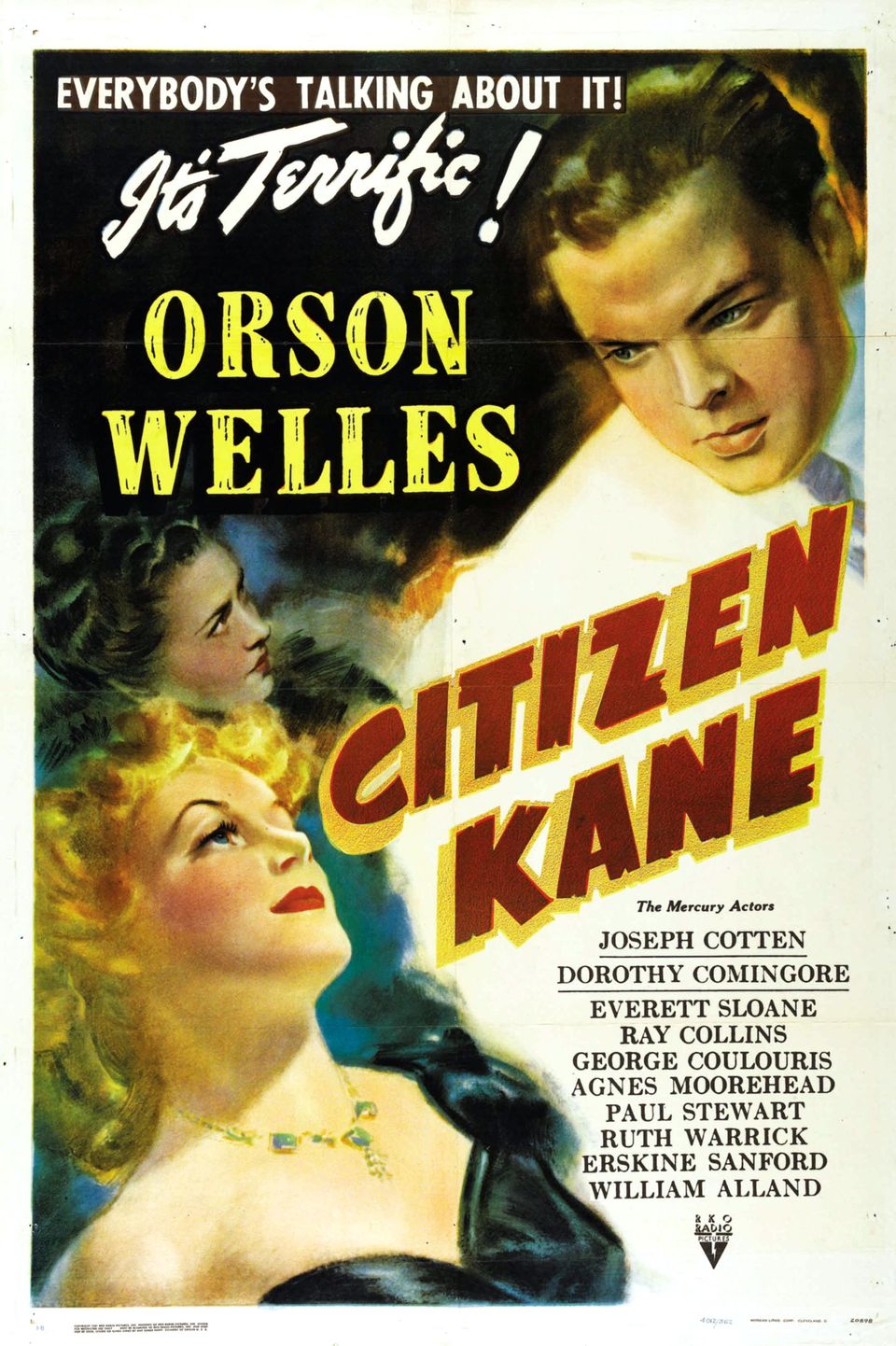Ignorance and expertise

I happened across this BBC interview of Orson Welles about the making of Citizen Kane. It’s a fascinating time capsule, and a must watch for every founder and investor out there.
If you don’t know the story of Orson Welles or Citizen Kane, here are the bullet points. Welles was an actor, director, producer and screenwriter. He got his start on the stage and radio (that infamous broadcast of The War of the Worlds was him). After some initial success, he was approached by RKO to make a movie. He had never made a film before. He had never been in a studio before. Still, after a year’s long negotiation, RKO agreed to give him complete creative control over a project of his devising. That project became Citizen Kane. Welles was just 25 years old. Citizen Kane has since been cited as the greatest film of all time, and topped “best of” lists from the American Film Institute and British Film Institute.
Okay. Fast forward to 5:50 minutes into the interview. Welles describes the negotiation with RKO. And then the interviewer asks, “where did you get the confidence to make a film with such…?”
“Ignorance! Sheer ignorance,” Welles butts in. “You know, there’s no confidence equal to it.”
That’s it. That’s the line that gets quoted. And for good reason. That’s a great line! But keep listening.
The interviewer asks Welles how that ignorance showed itself on set, and he immediately responds: “I thought you could do anything with a camera that the eye could do.”
That’s not true, of course. There were serious technical limitations back then. And those who were brought up in the business, Welles explains, were taught all the things the cameraman would never attempt to do for fear of failure.
But, thankfully, Welles had a cameraman of great talent who wasn’t afraid to fail. Welles continues:
“I had a cameraman who didn’t care if he was criticized if he failed and I didn’t know that there were things you couldn’t do, so anything I could think up in my dreams I attempted to photograph.”
“You got away with enormous technical advances, didn’t you?” the interviewer prompts.
“Simply by not knowing they were impossible,” Welles responds.
Phew. That’s a good line too.
Here’s my takeaway from all of this.
Whether as an investor or a founder, deep expertise in any area can be blinding. Investors can be blind to new companies in specific verticals, pattern matching from their own past failures. Founders can be blind to new opportunities within their industry, because a similar idea failed in the past.
But I don’t think this means we should throw expertise out all together.
The real secret to Welles’ success wasn’t his ignorance, as that first quote suggests, but the marrying of his ignorance with his cameraman’s deep technical expertise. That’s where the magic lies.
So, whether you’re an investor, a founder, or something else entirely…ask yourself: in the areas where you’re an expert, are you flexible enough to attempt the “impossible” like Welles’ cameraman? And in the areas where you’re ignorant (but confident), do you have someone you can rely on to provide technical expertise to guide you towards the limits of what’s possible.